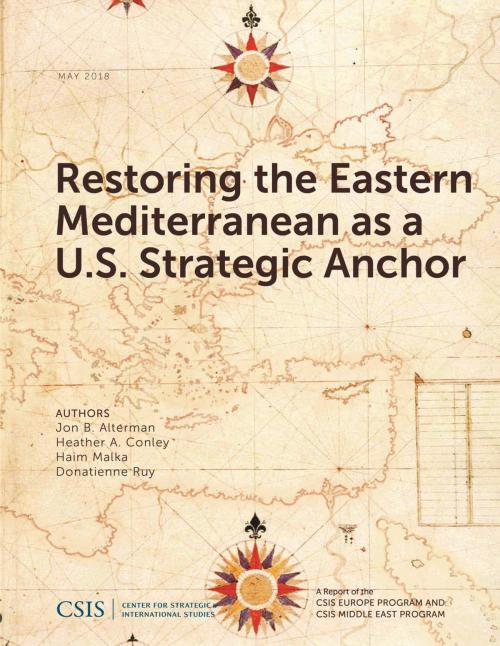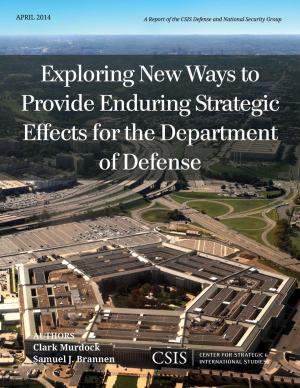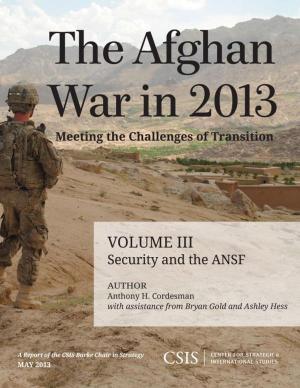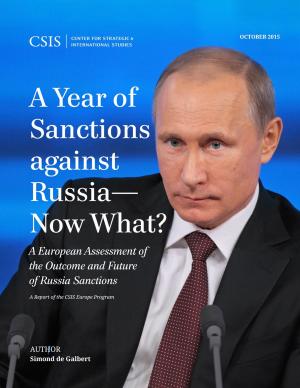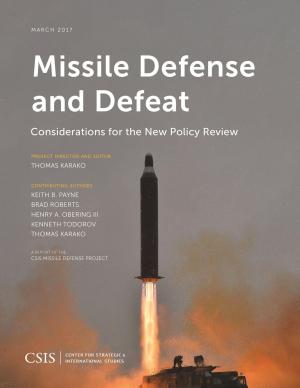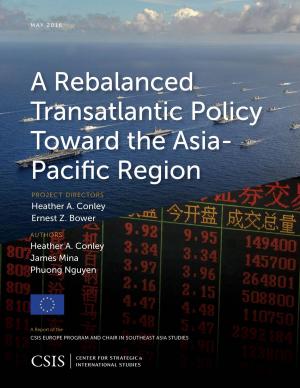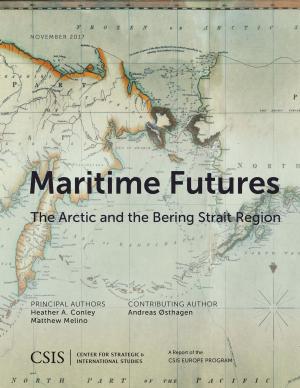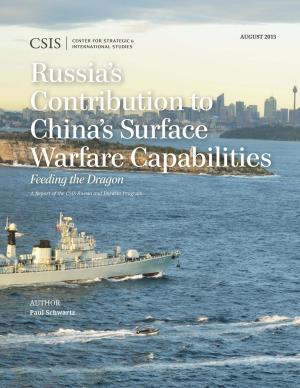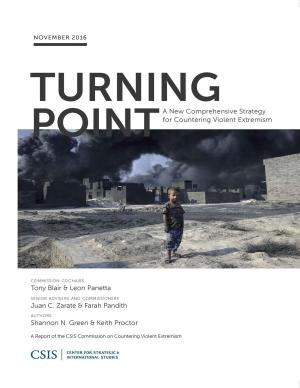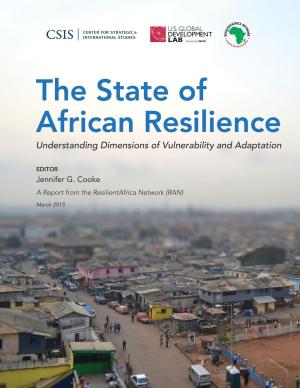Restoring the Eastern Mediterranean as a U.S. Strategic Anchor
Nonfiction, Social & Cultural Studies, Political Science, International, International Security| Author: | Jon B. Alterman, Heather A. Conley, Haim Malka, Donatienne Ruy | ISBN: | 9781442280748 |
| Publisher: | Center for Strategic & International Studies | Publication: | June 5, 2018 |
| Imprint: | Center for Strategic & International Studies | Language: | English |
| Author: | Jon B. Alterman, Heather A. Conley, Haim Malka, Donatienne Ruy |
| ISBN: | 9781442280748 |
| Publisher: | Center for Strategic & International Studies |
| Publication: | June 5, 2018 |
| Imprint: | Center for Strategic & International Studies |
| Language: | English |
U.S. strategy in the Eastern Mediterranean is long overdue for revision. Today’s strategy was conceived 70 years ago and is no longer fit for purpose despite the continued strategic importance of the region for U.S. interests. To account for the dramatic changes that have occurred in the Eastern Mediterranean in the past two decades, it is time for the United States to create a new regional strategy that builds on common transatlantic interests, ensures European unity and security, provides greater stability in the Middle East, and safeguards state capacity against a myriad of strengthening nonstate actors. This report aims to offer such a new strategy, focusing on two priority areas: resolving the Syrian conflict, and recalibrating the relationship with Turkey. Much is at stake for the United States, and it must take a new strategic approach to the region or risk losing influence for the foreseeable future.
U.S. strategy in the Eastern Mediterranean is long overdue for revision. Today’s strategy was conceived 70 years ago and is no longer fit for purpose despite the continued strategic importance of the region for U.S. interests. To account for the dramatic changes that have occurred in the Eastern Mediterranean in the past two decades, it is time for the United States to create a new regional strategy that builds on common transatlantic interests, ensures European unity and security, provides greater stability in the Middle East, and safeguards state capacity against a myriad of strengthening nonstate actors. This report aims to offer such a new strategy, focusing on two priority areas: resolving the Syrian conflict, and recalibrating the relationship with Turkey. Much is at stake for the United States, and it must take a new strategic approach to the region or risk losing influence for the foreseeable future.
